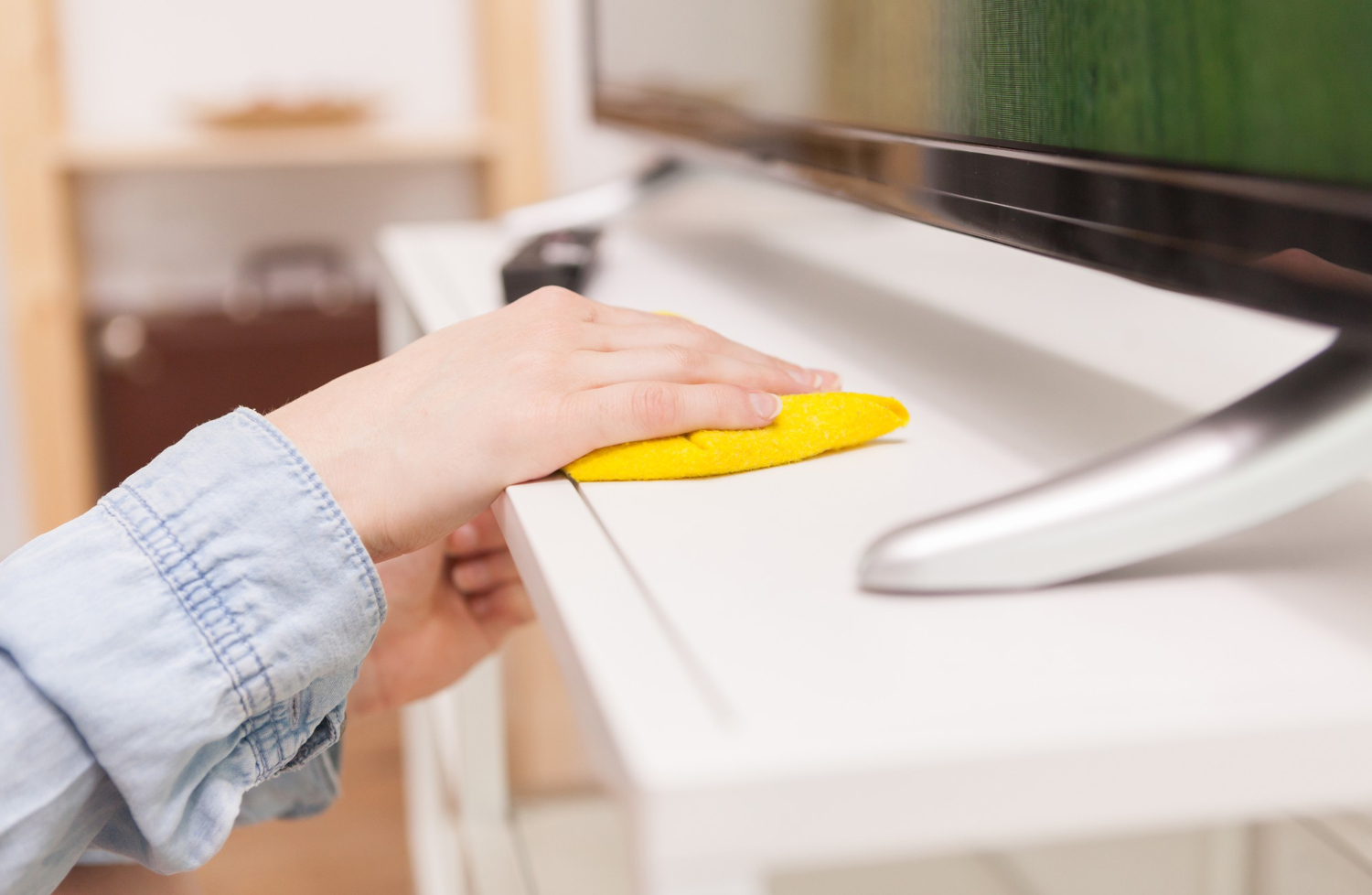- Introduction
- Understanding the Common Causes of a Clogged Dishwasher
- Signs of a Clogged Dishwasher
- Steps to Unclog a Dishwasher
- Checking the Drain Filter
- Clearing the Drain Hose
- Cleaning the Spray Arms
- Ensuring Proper Water Supply
- Using Natural Remedies to Remove Clogs
- Preventive Measures to Avoid Dishwasher Clogs
- Benefits of Regular Maintenance
- Conclusion
- FAQs
Introduction
A clogged dishwasher can be a major inconvenience in any household. Not only does it hinder the dishwashing process, but it can also lead to dirty dishes and even cause damage to the appliance. Understanding the common causes of a clogged dishwasher and learning how to troubleshoot and prevent clogs can help keep your dishwasher running smoothly. In this article, we will provide you with a comprehensive guide on dealing with a clogged dishwasher.

Understanding the Common Causes of a Clogged Dishwasher
Before we delve into the troubleshooting steps, it’s important to know what causes a dishwasher to clog. The primary culprits include food debris, soap residue, mineral deposits, and foreign objects. Over time, these substances can accumulate and obstruct the dishwasher’s drain system, leading to clogs.
Signs of a Clogged Dishwasher
Identifying the signs of a clogged dishwasher is essential for prompt action. Some common indications of a clog include water pooling at the bottom of the dishwasher, slow drainage, unpleasant odors, and unclean dishes after a full cycle. If you notice any of these signs, it’s time to tackle the issue.
Steps to Unclog a Dishwasher
To unclog a dishwasher, follow these step-by-step instructions:
Checking the Drain Filter: Start by locating the drain filter, typically at the bottom of the dishwasher. Remove the filter and clean it thoroughly, removing any debris or food particles that may have accumulated.
Clearing the Drain Hose: Disconnect the drain hose from the dishwasher and inspect it for any blockages. Use a plumber’s snake or a long, flexible brush to remove the clogs gently. Once clear, reattach the hose securely.
Cleaning the Spray Arms: The dishwasher’s spray arms can also accumulate debris, hindering proper water flow. Take out the spray arms and give them a thorough cleaning. Use a toothpick or a small brush to dislodge any clogs within the spray nozzles.
Ensuring Proper Water Supply: Inspect the water inlet valve and ensure it is not clogged or damaged. If necessary, clean or replace the valve to ensure adequate water supply to the dishwasher.
Using Natural Remedies to Remove Clogs: If you prefer natural alternatives, you can try pouring a mixture of vinegar and baking soda into the dishwasher. Let it sit for a while before running a hot water cycle. The combination of vinegar and baking soda can help dissolve and flush out minor clogs.
Preventive Measures to Avoid Dishwasher Clogs
Prevention is key when it comes to avoiding dishwasher clogs. Here are some preventive measures to keep your dishwasher functioning smoothly:
Scrape off excess food debris from dishes before loading them into the dishwasher.
Avoid using excessive amounts of detergent, as it can lead to soap residue buildup.
Regularly clean the dishwasher’s interior, including the door seal, spray arms, and filter.
Run the dishwasher on a hot water cycle periodically to dissolve any accumulated grease or mineral deposits.
Benefits of Regular Maintenance
Maintaining your dishwasher can extend its lifespan and ensure optimal performance. By following a routine maintenance schedule, you can prevent clogs, improve water efficiency, and minimize the need for repairs. Regular maintenance also contributes to cleaner dishes and a healthier dishwasher environment.
Conclusion
A clogged dishwasher can disrupt your daily routine and result in subpar dishwashing results. By understanding the common causes of clogs and following the steps mentioned above, you can effectively troubleshoot and unclog your dishwasher. Remember to practice preventive measures and perform regular maintenance to keep your dishwasher running smoothly for years to come.
FAQs
Q: Can I use chemical drain cleaners to unclog my dishwasher?
A: It is not recommended to use chemical drain cleaners in dishwashers, as they can damage the appliance. Stick to natural remedies or consult a professional if the clog persists.
Q: How frequently should I clean the dishwasher’s filter?
A: Cleaning the dishwasher’s filter once every month is generally sufficient. However, if you notice excessive debris or food particles, clean it more frequently.
Q: Can hard water cause dishwasher clogs?
A: Yes, hard water can lead to mineral deposits in the dishwasher, causing clogs over time. Consider using a water softener or descaling agent to prevent this issue.
Q: Why are my dishes still dirty after running a cycle?
A: A clogged dishwasher or improper loading technique can result in unclean dishes. Ensure proper water flow and arrange dishes in a way that allows optimal cleaning.
Q: Should I hire a professional for dishwasher maintenance?
A: If you are unsure about performing maintenance tasks yourself or if the clog persists despite your efforts, it is recommended to seek professional assistance.
